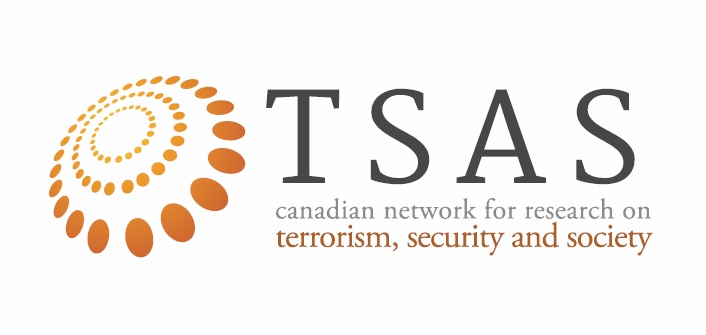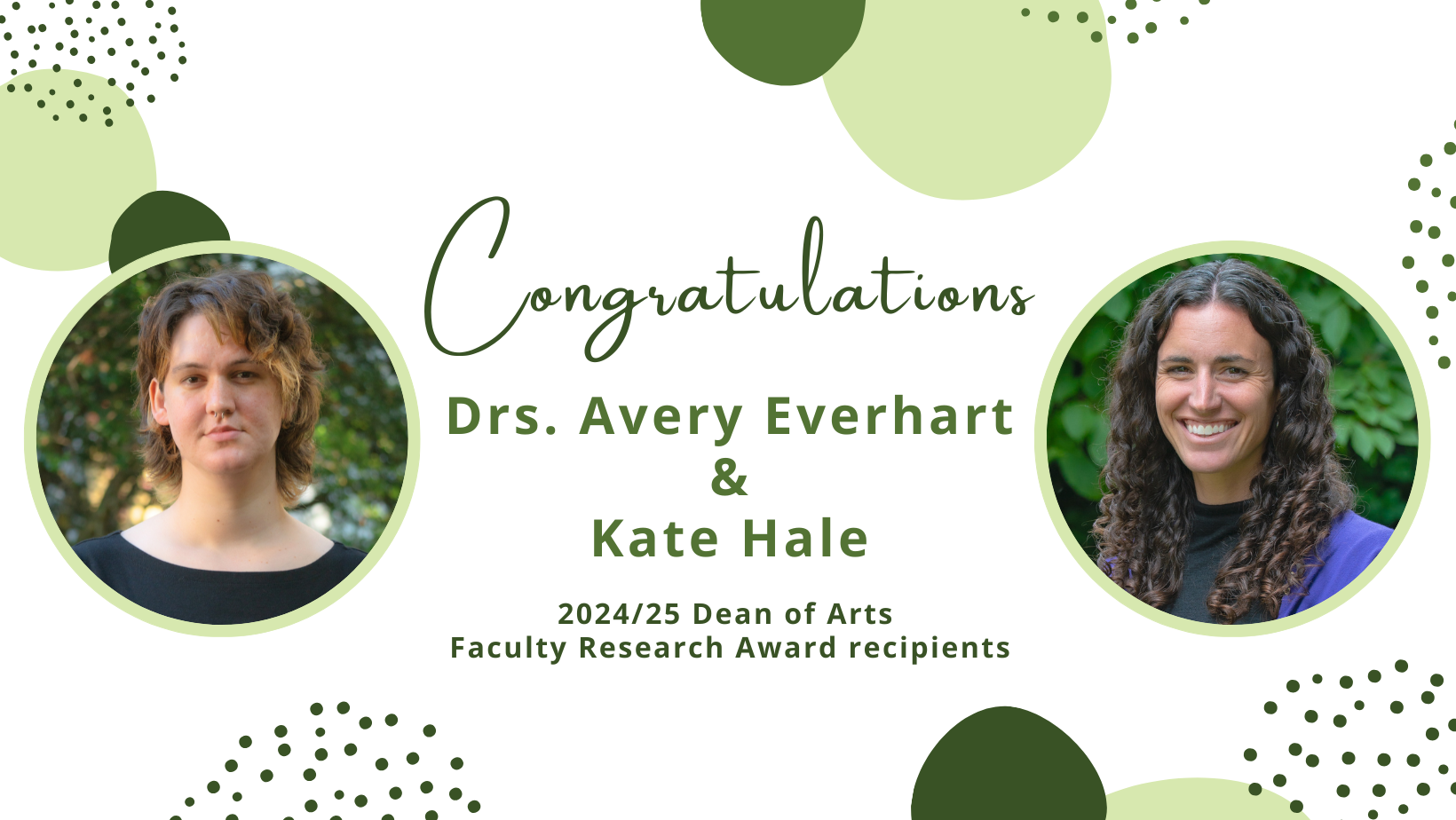I am pleased to report that SSHRC has awarded a $2.15 million Partnership Grant for The Canadian Network for the Study of Terrorism, Security, and Society (TSAS). TSAS was established in 2012 and is intended to foster multidisciplinary research on terrorist radicalization, the coordinated interaction of academic researchers with government officials, and the cultivation of a new generation of young scholars interested in terrorism, security, and the impact of both on society.
TSAS is the only project of its kind in Canada. As an organization we have set three ambitious, long-term goals:
- To create a major body of evidence-based, policy-relevant research on issues related to national security, and to ensure that this material is disseminated to the Canadian government and, more broadly, Canadian society;
- To build and sustain a network of academic researchers that connects scholars specializing in terrorism/security with those who seek to understand the rapidly changing social context of Canada. We are convinced that these two largely separate academic communities would benefit from greater engagement;
- To facilitate the professionalization of the interdisciplinary field of security studies in Canada, and to ensure that this emerging field fully acknowledges the need to consider security and human rights together. That is, human rights flourish in societies characterized by safety and security and, vice versa, a widespread appreciation of security can only be achieved when human rights are respected.
In the past three years we have seen over 160 academic researchers join the network. The interdisciplinary nature of this group is evident from the home departments of these individuals, which include: political science; criminology; sociology; legal studies; religious studies; management studies; history; economics; defence and security studies; international affairs; computing science; mathematics; geography; law; and psychology.
Membership in TSAS, as well as all of our other activities, is coordinated by our administrative team, hosted by the University of British Columbia. This group includes Professor Daniel Hiebert, Principal Applicant and Co-Director of TSAS, and Vicky Baker, Project Coordinator responsible for administrative affairs.
The daily operations of TSAS are guided by an Executive Committee which has grown to eleven individuals:
- Daniel Hiebert (Professor of Geography, UBC: Co-Director and Financial Officer)
- Lorne Dawson (Professor and Chair, Sociology and Legal Studies, University of Waterloo: Co-Director)
- Sandra Bucerius (Associate Professor, Sociology, University of Alberta)
- Aurélie Campana (Professor, Département de Science Politique, Laval University)
- Craig Forcese (Associate Professor, Law, University of Ottawa)
- Veronica Kitchen (Associate Professor, Political Science, University of Waterloo)
- Ron Levi (George Ignatieff Chair of Peace and Conflict Studies, Munk School, University of Toronto)
- Jeremy Littlewood (Assistant Professor, Norman Patterson School of International Affairs, Carleton University)
- Samuel Tanner (Associate Professor, École de Criminologie, Université de Montréal)
- Sara Thompson (Associate Professor, Department of Criminal Justice and Criminology, Ryerson University)
- Brett Kubicek (Manager, Research and Academic Relations, Strategic Policy Branch, Public Safety Canada: non-voting, ex officio member of the Executive Committee)
In its start-up phase, the TSAS network has: created a functional and informative website; organized and hosted a number of workshops on topics that are highly relevant to government policy; issued two internal Calls for Proposals and approved 18 new research projects; established a studentship program; staged two, intensive Summer Academies for graduate students and junior government officials; and pursued a number of smaller initiatives. TSAS has also sought out partnerships across the Canadian government and with policy-research institutes in several other countries, notably in the UK, the Netherlands, the USA, and with the Global Forum on Counter-Terrorism.
TSAS draws upon an impressive array of contacts we have developed with our government partners. Gradually, we are developing enduring relationships and trust with our core partners, which include:
- Public Safety and Emergency Preparedness Canada, Strategic Policy, and National Security Divisions
- RCMP, Federal Policing Partnership and External Relations, and Intelligence Research and Development
- CSIS, Academic Outreach Program
- CIC, Admissibility Branch, and Research and Evaluation, Intergovernmental and International Relations
- DFATD, International Crime and Terrorism Division
- Correctional Services Canada, Research Branch
- Defence Research and Development Canada, Centre for Security Science
- Security Intelligence Review Committee
- Correctional Service Canada: Research Branch
- Office of the Communications Security Establishment Commissioner
We emphasize that TSAS research is mindful of the priorities of government, and that we include representatives from government in key decisions about methodology and dissemination. But, at the same time, TSAS research is independent. All of our projects are based on our determination to understand and evaluate policy through evidence. At times, evidence supports policy decisions that have been made, but some of our projects challenge current policy orientations. We believe, in fact, that this independence is one of the most desirable features of TSAS, and this sentiment has been echoed by many of our partners (including Public Safety, CSIS, and the RCMP).
Over the past three years, we have received financial support from SSHRC (Partnership Development Grant), Public Safety, and the Canadian Safety and Security Program (CSSP), and UBC and the other universities that are part of our consortium.
The Partnership Grant will provide core funding for TSAS from 2015 to 2022. It enables us to establish six new exciting core research projects which will, collectively, share a budget of nearly $1 million over a seven year period. They would also be required to incorporate advanced graduate students into all aspects of their operation, adding a vital dimension of training to the TSAS mandate. Most of all, though, the Partnership Grant helps us facilitate our three main goals as an organization: to generate policy-relevant knowledge; to build a functional network of Canadian researchers that is both intellectually independent but also strongly connected with relevant government officials; and to professionalize an emerging intellectual field.
Daniel Hiebert,
Professor of Geography, UBC, and
Co-Director and Principal Applicant, TSAS



